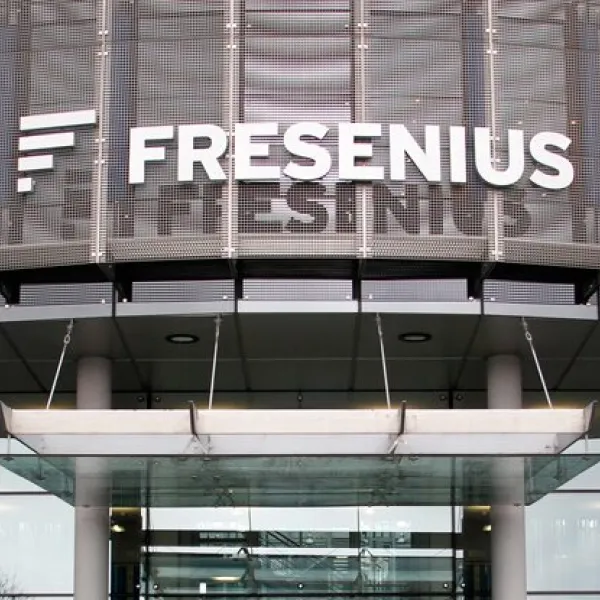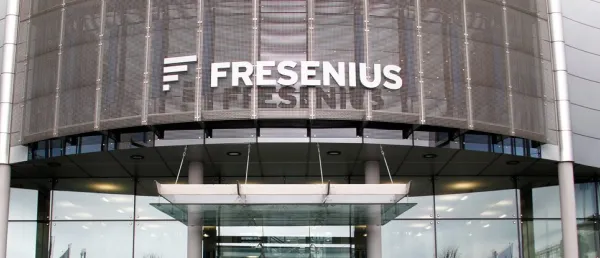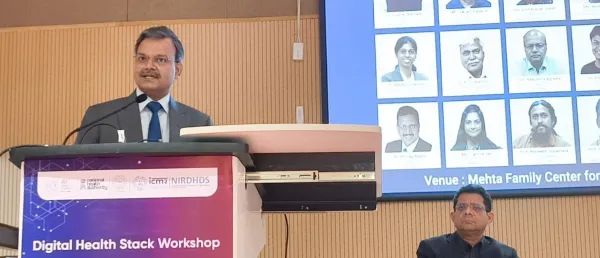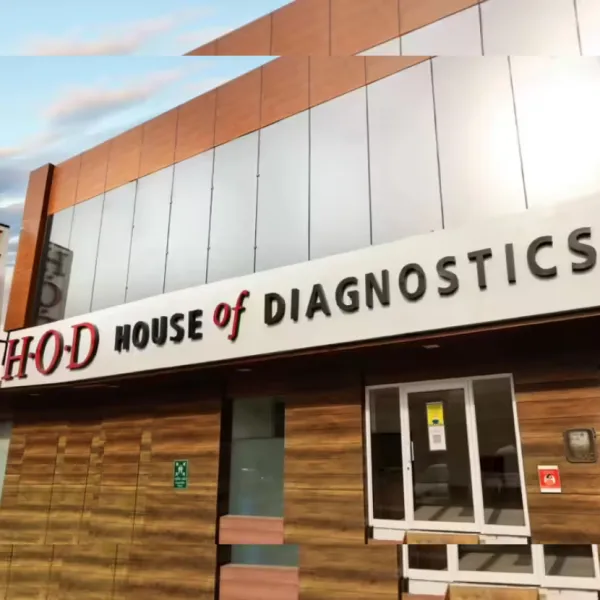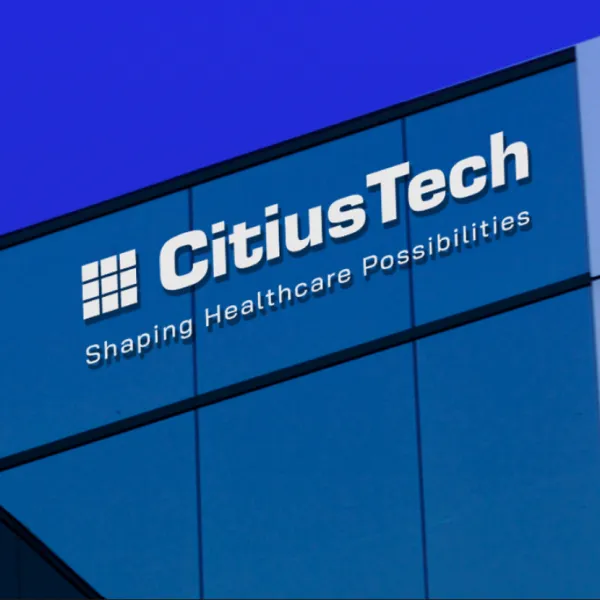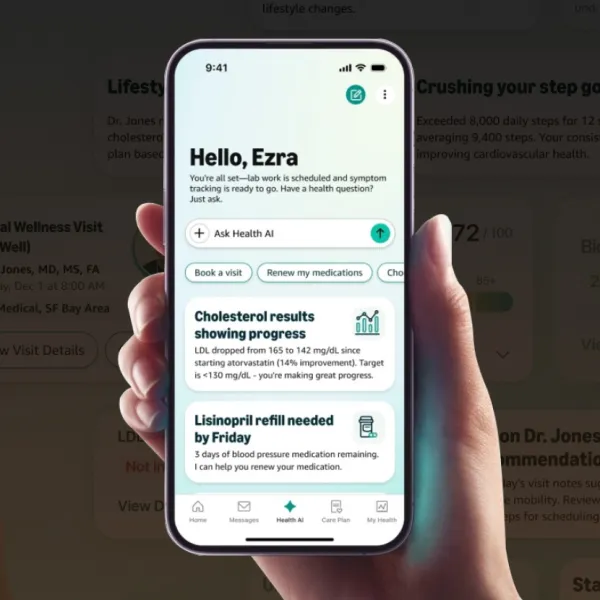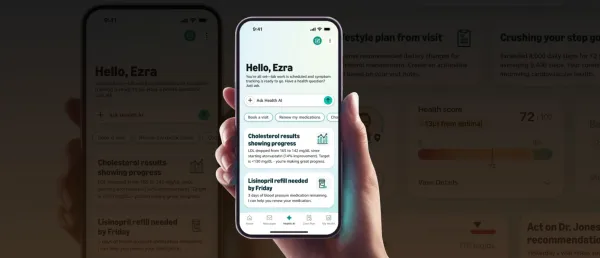Over 1,000 Epic Hospitals Now Live on TEFCA Amid Questions Over Network’s Future

Epic aims to have full participation across its customer base by the end of 2025.
Epic Systems announced that more than 1,000 hospital customers and 22,000 clinics using its EHR system are now live on the federal Trusted Exchange Framework and Common Agreement (TEFCA), a network established for nationwide health data sharing.
In March, the company said over 2,000 hospitals and 50,000 clinics were either live or preparing to connect to TEFCA. Epic aims to have full participation across its customer base by the end of 2025.
Epic doubles down on interoperability goals
“The energy around TEFCA adoption is clear, and the Epic community is leading the way,” said Rob Klootwyk, Director of Interoperability at Epic. “We’re proud to partner with our customers to expand safe and secure access to health data so patients can take an active role in their care.”
The network, which went live in December 2023, is managed by the Sequoia Project and developed by the ASTP and ONC under the 21st Century Cures Act. As of now, 2,816 organizations have joined TEFCA, and more than 14 million documents have been shared.
Stanford Health Care’s early participation underscores TEFCA’s potential. “TEFCA exchange extends the integrated interoperability that our patients and providers have come to expect over the past decade or more,” said Associate Chief Medical Information Officer Dr. Matthew Eisenberg. “When we have the patient’s full story at the point of care, we can provide better-informed diagnoses, fewer duplicate tests, and better care plans and outcomes supporting the healthcare quadruple aim.”
Uncertainty looms amid policy shifts
However, the future of TEFCA remains uncertain. Industry experts note potential risks under the Trump administration, including funding cuts or policy shifts. Brendan Keeler, Interoperability Lead at HTD Health, highlighted challenges: “Challenges remain around governance representation, patient transparency, and establishing sustainable network effects. The next few months will determine whether TEFCA’s network effects accelerate or stall under the new administration.”
A recent RFI from CMS and HHS included several references to TEFCA, signaling continued interest in shaping the future of U.S. health data infrastructure.
Stay tuned for more such updates on Digital Health News









